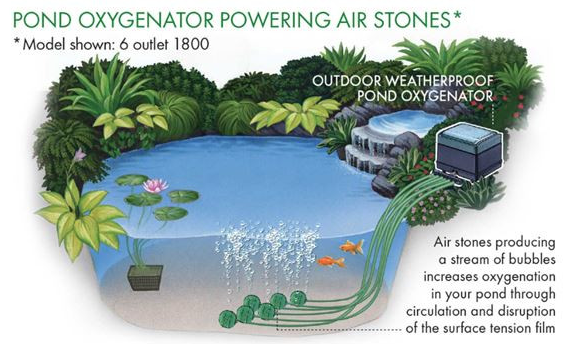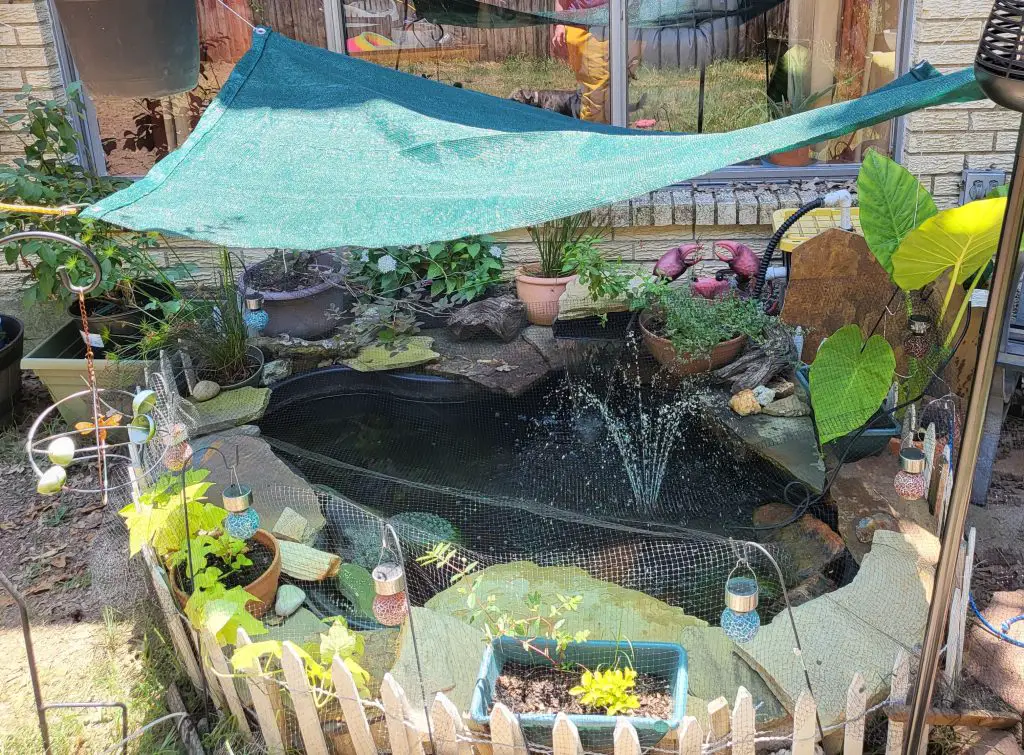During the hot summer months, ponds can be prone to overheating, which can have a negative impact on the plants and animals living in the ecosystem. It is essential to maintain a cool temperature in your pond to ensure the health and well-being of its inhabitants. Here are some effective ways to keep your pond cool during the summer:
1. Shade Your Pond
Providing adequate shade for your pond is crucial in preventing excessive heating. You can achieve this by planting trees or installing shade sails over the pond to block out direct sunlight. This will help maintain a more moderate temperature and prevent overheating.
2. Use Floating Plants
Floating plants such as water lilies and lotus can provide natural shade for your pond. These plants not only help in reducing sunlight exposure but also add beauty to the pond environment. Consider adding a variety of floating plants to create a cooling canopy over the water surface.
3. Install a Water Fountain or Waterfall
Adding a water fountain or waterfall to your pond can help in aerating the water and cooling it down. The movement of water helps in dissipating heat and maintaining a more stable temperature in the pond. It also adds a soothing element to the pond ambiance.
4. Increase Water Circulation
Poor water circulation can lead to stagnant water, which can heat up quickly. Installing a pump or aerator can help in increasing water circulation and oxygen levels in the pond. This will not only keep the water cool but also promote the overall health of the pond ecosystem.
5. Use Pond Liner with Reflective Qualities
Choosing a pond liner with reflective qualities can help in reducing heat absorption. Light-colored or reflective pond liners can reflect sunlight, preventing the water from heating up excessively. This simple change can significantly contribute to maintaining a cooler pond temperature.
6. Plant Aquatic Vegetation
Introducing aquatic vegetation such as water lettuce and water hyacinth can provide shade and help in cooling the pond water. These plants also absorb excess nutrients, which can contribute to algae growth and water temperature increase. They play a vital role in balancing the pond ecosystem.
7. Monitor Water Temperature
Regularly monitoring the water temperature in your pond is essential to ensure it stays within a healthy range. Invest in a quality pond thermometer to keep track of temperature fluctuations. If the water temperature starts to rise, take immediate steps to implement cooling strategies.

Credit: m.youtube.com
8. Avoid Overfeeding Fish
Overfeeding fish can lead to increased waste production, which can negatively impact water quality and temperature. Feed your fish in moderation and ensure that any uneaten food is promptly removed from the pond. This will help in maintaining a balanced ecosystem and prevent water temperature spikes.

Credit: www.swelluk.com
9. Provide Shelter for Fish
Creating shelters for fish can help them escape direct sunlight and find relief from the heat. Use aquatic plants, rocks, or artificial shelters to create hiding spots for fish. This will not only protect them from overheating but also enhance their overall well-being.
10. Consider Adding a Chiller
If you live in an area where summers are particularly hot, investing in a pond chiller may be a suitable option. Pond chillers help in regulating water temperature by cooling the water as needed. While it is a more costly solution, it can be highly effective in keeping your pond cool during extreme heat.
By implementing these strategies, you can effectively keep your pond cool and maintain a healthy environment for the plants and animals inhabiting it. Remember that a well-balanced ecosystem is key to the success of your pond, and ensuring a cool temperature is a crucial aspect of that balance.





